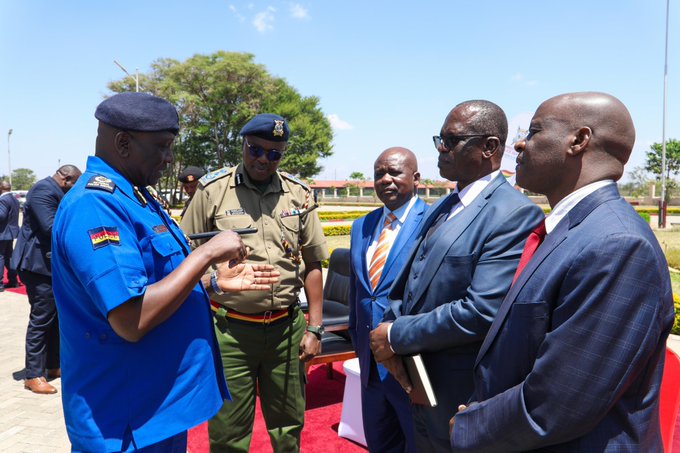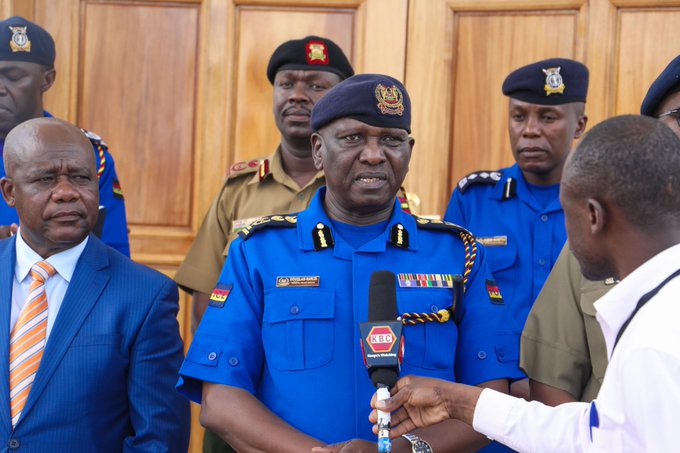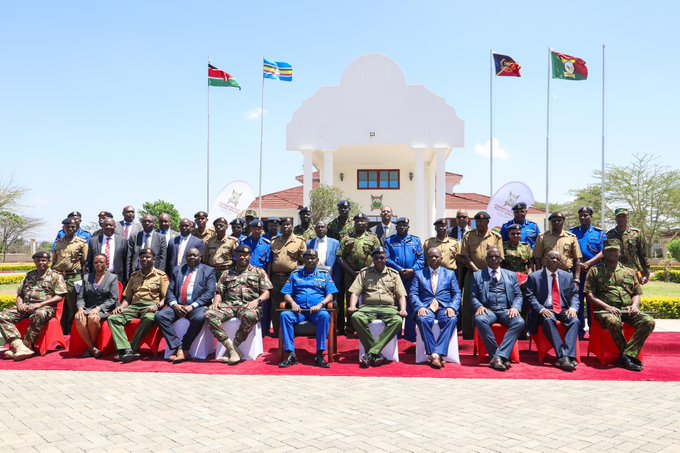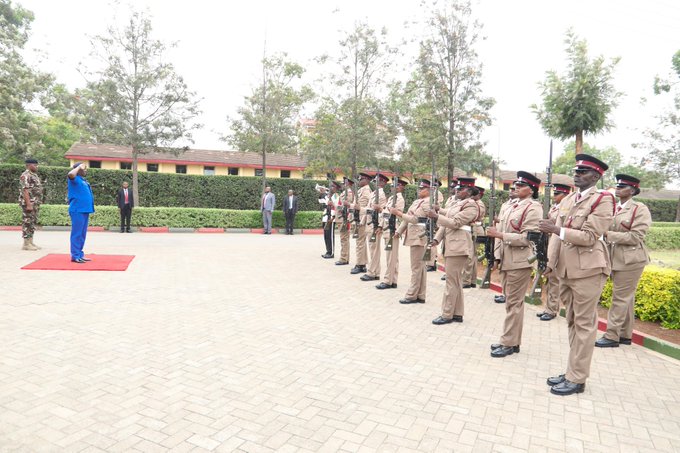NAIROBI, Kenya – Inspector General of Police Douglas Kanja has moved to reassure senior police commanders that an upcoming review by the Ethics and Anti-Corruption Commission (EACC) is not an investigation, but rather a process aimed at enhancing transparency and accountability in the National Police Service (NPS).
Speaking at a high-level meeting with Regional and Formation Commanders at the National Police College Embakasi ‘A’ campus, IG Kanja emphasized that the EACC exercise—launched on February 10—is an examination of systems, policies, and procedures within the police service.
“This is not an investigation,” Kanja said, seeking to allay fears within the force. “It is a stimulus to fulfill our constitutional obligation to prevent corruption and promote transparency and accountability in the National Police Service.”
IG KANJA MEETS REGIONAL AND FORMATION COMMANDERSThe Inspector General of Police, Mr. Douglas Kanja today held a conference meeting with all Regional and Formation Commanders in furtherance of the intended process of examination into the systems, policies, procedures and…
The IG acknowledged the work done by police commanders but stressed the need for improved standards at all levels to ensure an effective and efficient force.
He outlined ongoing measures to combat corruption and enhance service delivery, including the automation of police services and training programs aimed at standardizing operations across different police units.
The National Police Service Commission (NPSC) CEO, Peter Leley, who also attended the meeting, affirmed the Commission’s support for the anti-corruption efforts.
He revealed that the NPSC is working on a new recruitment model designed to eliminate corruption in the hiring process.
The meeting was attended by Deputy Inspector General of the Kenya Police Service Eliud Lagat, Deputy Inspector General of the Administration Police Service Gilbert Masengeli, senior EACC officials, and other NPSC leaders.
The EACC’s examination comes amid growing public scrutiny over corruption within the police service, a longstanding issue that has eroded public trust.
While Kanja framed the process as a proactive step towards reform, its findings could still put aspects of police operations under the spotlight.







